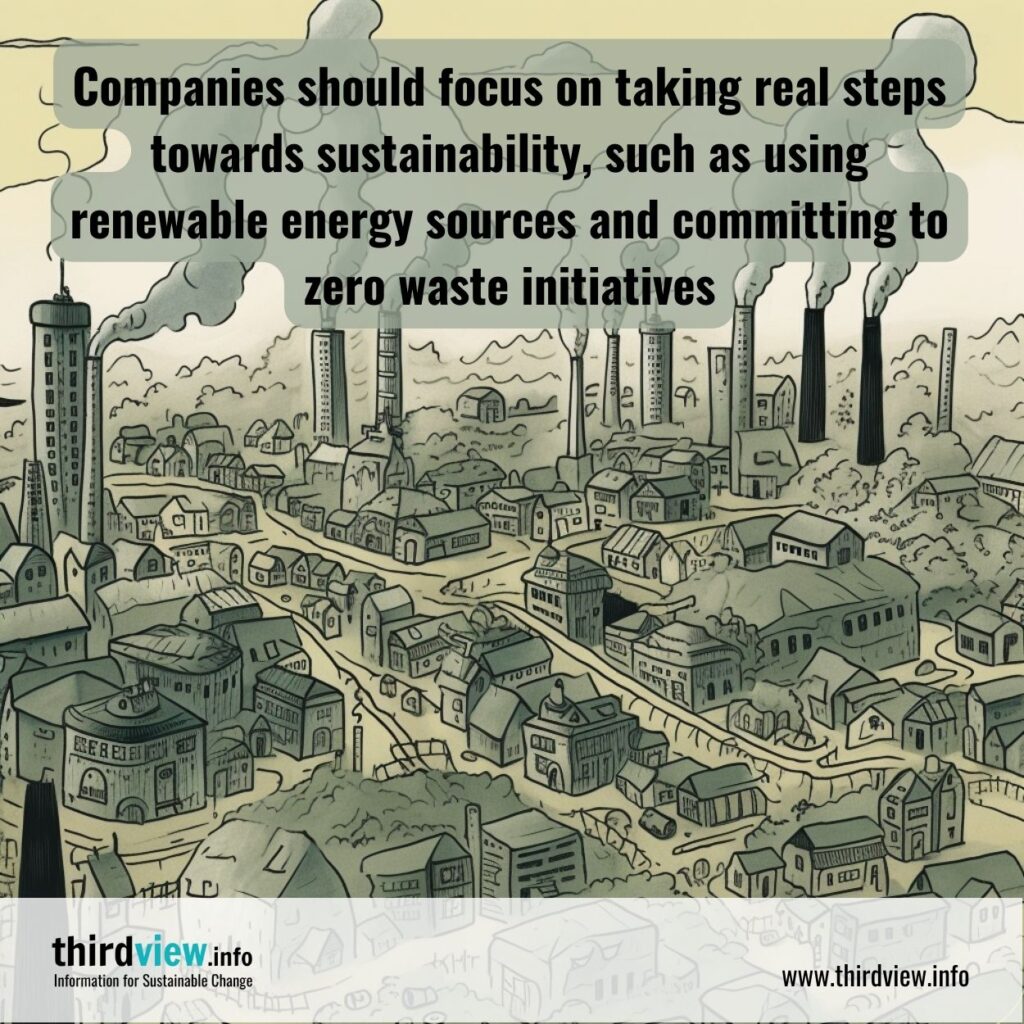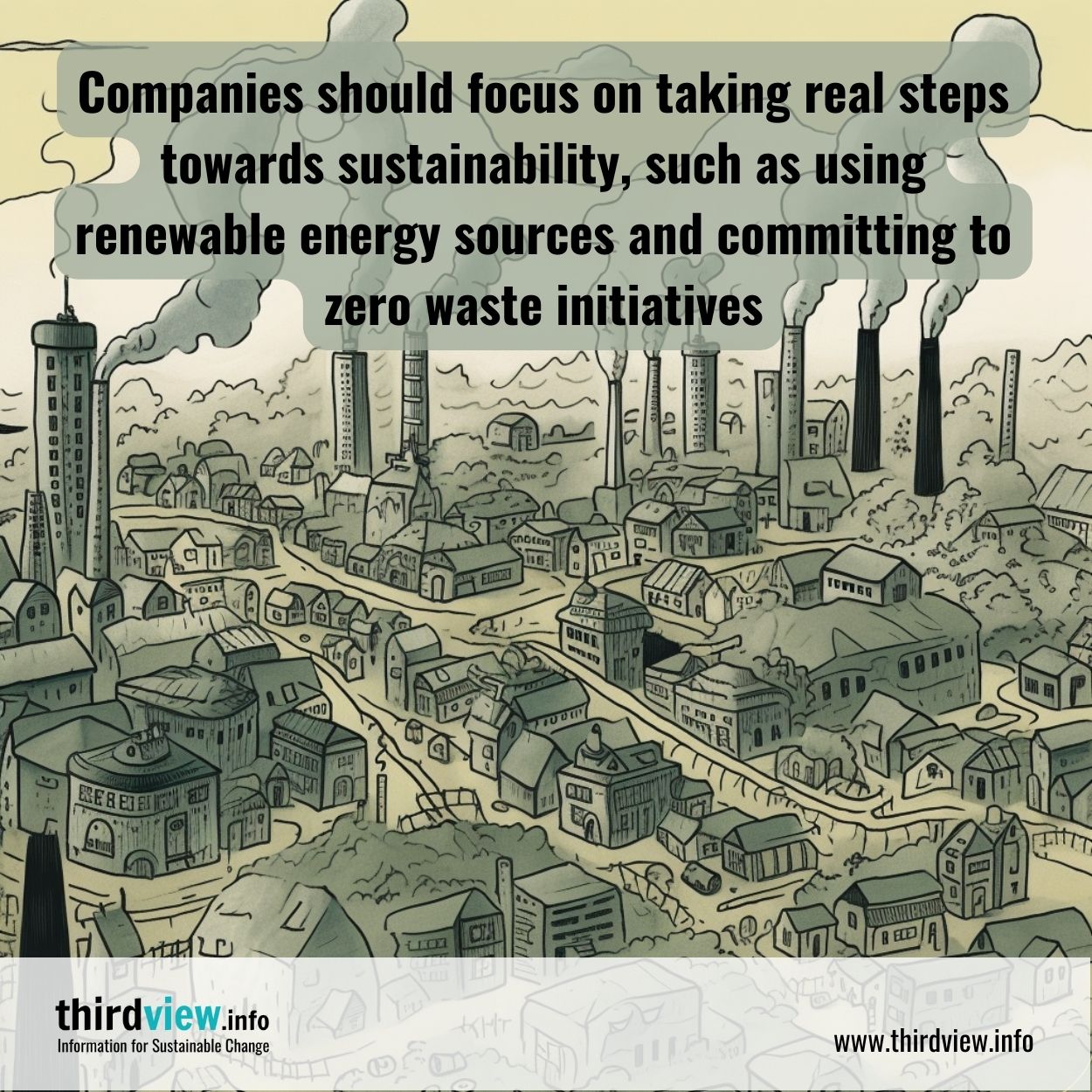In recent years, many companies have jumped on the sustainability bandwagon, touting their green practices and environmental-friendly products. But what’s really behind all these claims? Is the sustainability movement genuinely making a difference or are corporations just greenwashing their way out of public scrutiny? Let us take a closer look into the lesser talked-about aspects of greenwashing.
What is Greenwashing?
Greenwashing is when companies exaggerate or even lie about how environmentally friendly their products and practices are. In some cases, companies may use misleading marketing tactics to make it appear as if they’re doing more for the environment than they actually are. It’s important to note that greenwashing is not only deceptive but also unethical. Those who engage in it can end up destroying trust with their customers and tarnishing their reputation in the long run.
The Unintended Consequences of Greenwashing
When companies engage in greenwashing, it can create unintended consequences, such as encouraging consumerism and creating a false sense of security around environmental issues. For example, when people think that buying one product will solve all problems related to climate change, they might be less likely to take further action such as reducing their overall consumption or participating in other initiatives that could make a bigger difference in the long run. Additionally, greenwashed products often come at a higher cost which can put them out of reach for many people who may want to support sustainable businesses but simply cannot afford them.
Making an Impact vs Greenwashing
It’s important for companies to understand that there is a big difference between making an impact and engaging in greenwashing activities. Companies need to focus on taking real steps towards sustainability, such as using renewable energy sources, committing to zero waste initiatives or investing in conservation efforts instead of relying on deceptive tactics like greenwashed advertising campaigns or misleading labelling on products. This is not only important from an ethical standpoint but also from a business perspective since more and more consumers are looking for brands that genuinely care about making a positive change in society while still delivering quality service or products.
At the end of the day, it’s essential for companies to ensure that their sustainability efforts are genuine and have a measurable impact if they want to gain consumer trust and remain competitive in today’s market. While there may be short-term benefits associated with engaging in greenwashing activities like increased sales or publicity, these gains will quickly fade away once customers realize they have been deceived. Therefore, instead of going down this path, organizations should strive towards creating meaningful solutions that will help protect our planet while still meeting customer needs without resorting to misrepresentation or deception.


